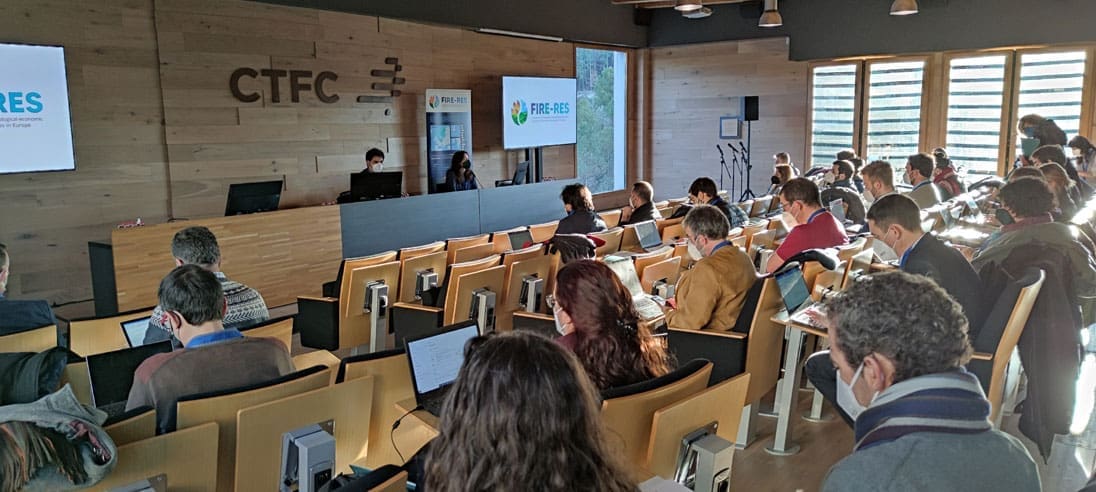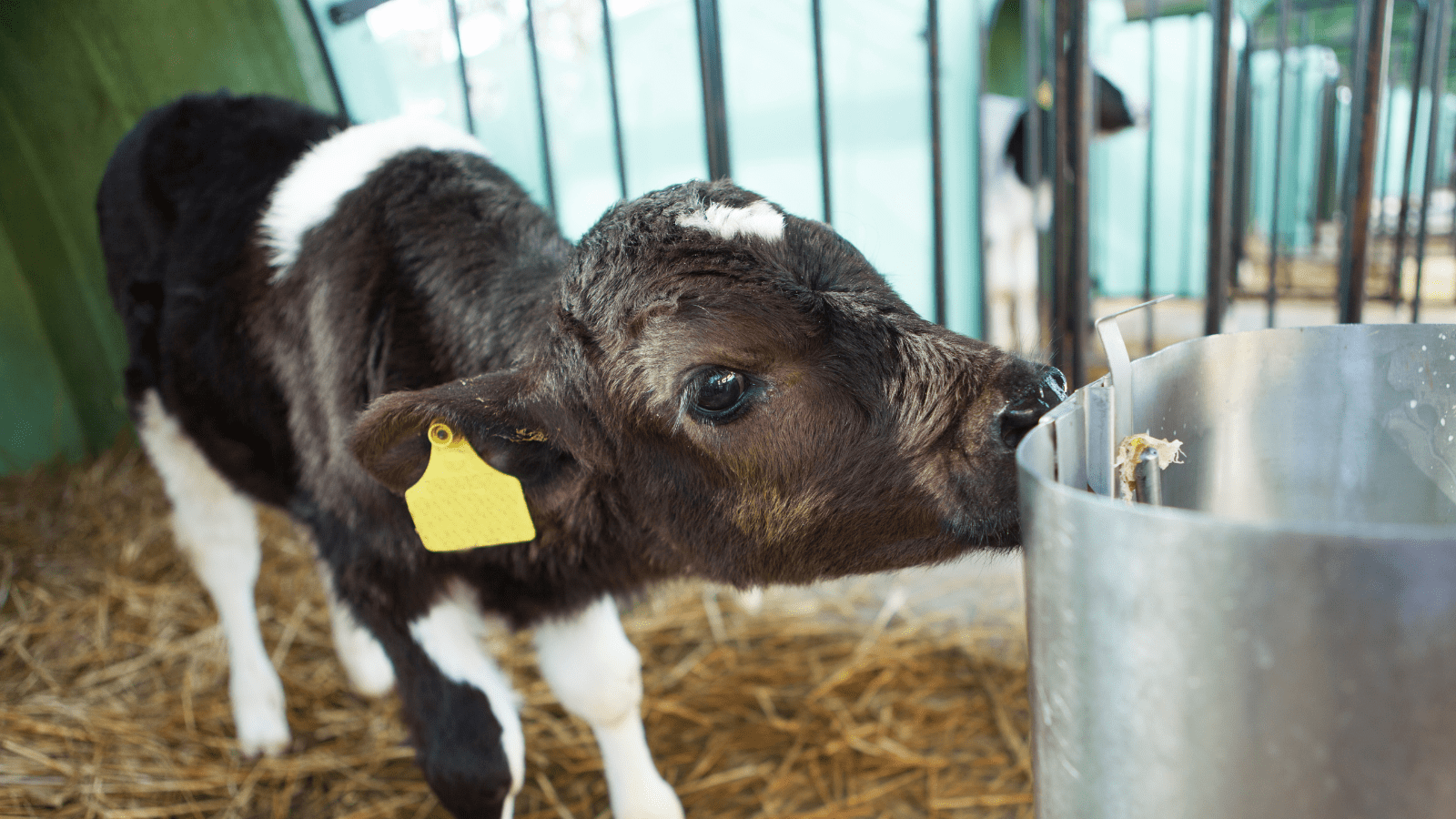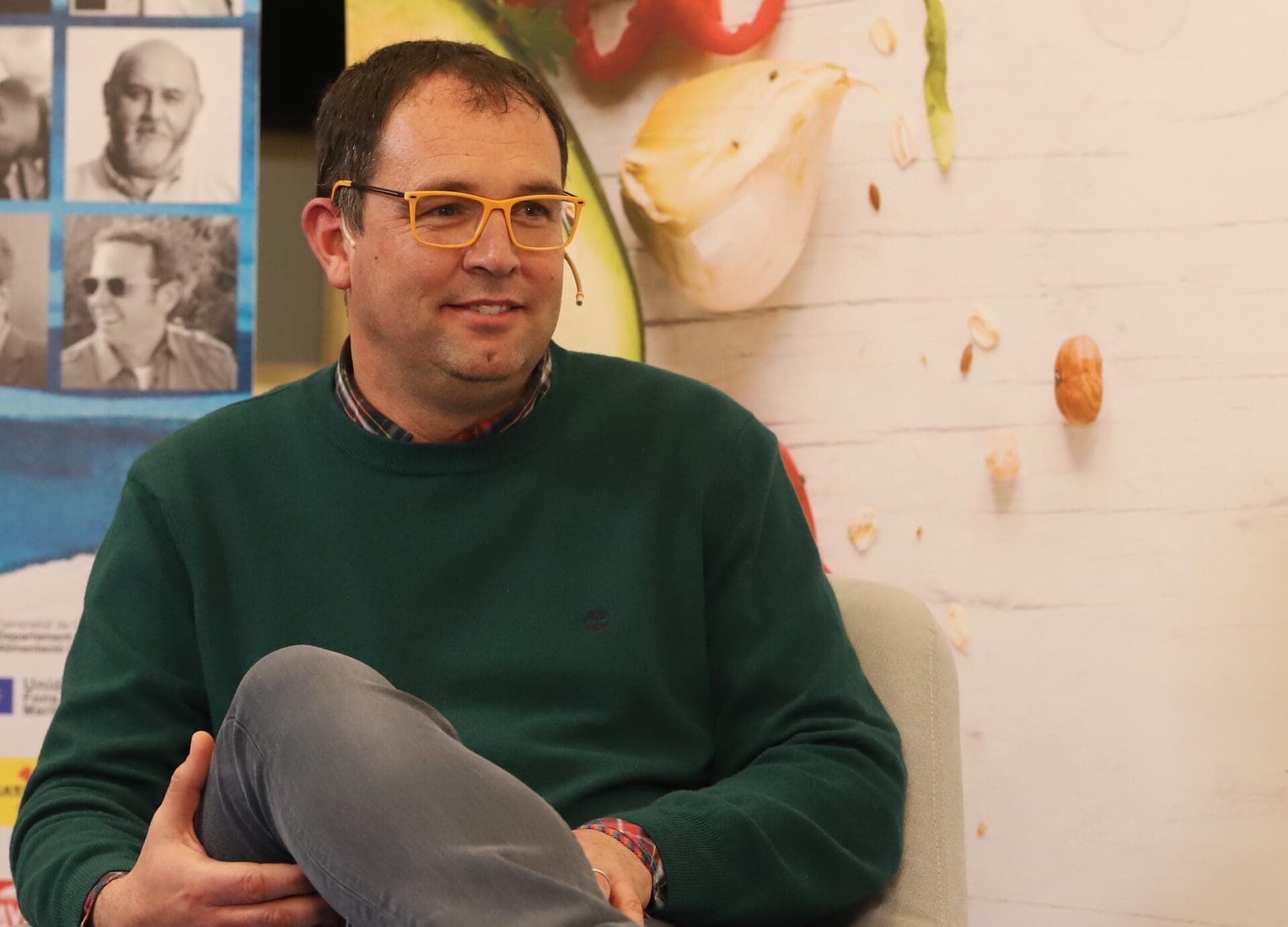
The areas affected by the phenomenon are experiencing fires that break records in terms of burnt area, speed, behaviour and impacts t, and places that weren’t hit so far are likely to become fire-prone regions in a few years, experts say. That’s why the European Commission is investing major resources to come up with new models and approaches to address the problem. FIRE-RES, which stands for “Innovative technologies and socio-ecological-economic solutions for fire resilient territories in Europe”, starts on December 2021. Its goal is to make Europe resilient in the face of extreme wildfires events, by developing a stream of innovative actions. All this by taking into account the unfolding of such events on multiple levels, such as a better understanding of extreme wildfires’ behaviour and drivers, their impact on landscape and local economy and communities, while aiming at devising appropriate emergency management strategies and tools that lead to a better governance, society resilience and risk awareness communication. The project is lead by the Forest Science and Technology Centre of Catalonia (CTFC), and has more than 30 partners from different regions of Europe.
Over the course of four years, several innovative actions will be proposed to better understand the behaviour and causes of extreme forest fires, their impact on the landscape, the economy and local communities, thus contributing to the achievement of the European Union's objectives for 2030. To do this, is carried out in 11 small-scale environments called Living Labs, that will take place in Nouvelle Aquitaine (France), Bulgaria, Canary Islands (Spain), Catalonia (Spain), Galicia (Spain), Germany-the Netherlands, Greece, Norway-Sweden, Portugal, Sardinia (Italy) and Chile. Each of them will see collaborations between the public sector, scientific communities, private companies and citizens’ associations.
The CFTC will have the participation of researchers from the Fruit Growing Program of the Institute of Agri-Food Research and Technology (IRTA) to complement the knowledge on plant matter and agronomic practices of woody crops. «The cultivation of fruit trees in the middle of wooded areas can play a key role in the mosaic of the landscape to prevent fires and recovery after fire», says the researcher Felicidad de Herralde. Therefore, in the study area designated as Living Lab Catalonia, they will study the feasibility of cultivating vines and apple trees, taking them as a model, to obtain guides of good practice and study the cost of cultivation to obtain sustainable and efficient production in vulnerable areas. The other team of IRTA researchers involved in the project are Luís Asín, Jaume Lordan, M Peris and Inmaculada Funes.
FIRE-RES has received €19.8m funding from the European Horizon 2020 research and innovation programme.
Website of the project: https://fire-res.eu/


